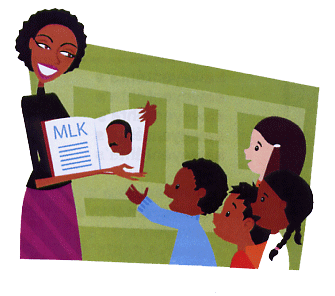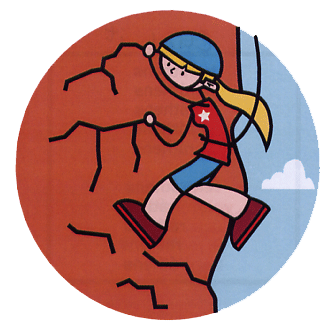|
|
Keweyentéhta’s
Seweyentéhta’s
Raweyentéhta’s
Yeweyentéhta’s
Kaweyentéhta’s
|
Teniweyentéhta’s
Yakeniweyentéhta’s
Seniweyentéhta’s
Niweyentéhta’s
Keniweyentéhta’s
|
|
|
Keráthens
Seráthens
Raráthens
Yeráthens
Karáthens
|
Teniráthens
Yakeniráthens
Seniráthens
Niráthens
Keniráthens
|
|
|
Keṉhó:tons
Seṉhó:tons
Ranhó:tons
Yeṉhó:tons
Kanhó:tons
|
Teninhó:tons
Yakeninhó:tons
Seninhó:tons
Ninhó:tons
Keninhó:tons
|
|
|
Ketshénryes
Setshénryes
Ratshénryes
Yetshénryes
Katshénryes
|
Tenitshénryes
Yakenitshénryes
Senitshénryes
Nitshénryes
Kenitshénryes
|
|
|
Kena’tónhkwa
Sena’tónhkwa
Rana’tónhkwa
Yena’tónhkwa
Kana’tónhkwa
|
Tenina’tónhkwa
Yakenina’tónhkwa
Senina’tónhkwa
Nina’tónhkwa
Kenina’tónhkwa
|
|
|
Kekhón:nis
Sekhón:nis
Rakhón:nis
Yekhón:nis
Kakhón:nis
|
Tenikhón:nis
Yakenikhón:nis
Senikhón:nis
Nikhón:nis
Kenikhón:nis
|
Colour Code
- Orange – Pre-pronominal prefixes
- Green – Tense-aspect prefix
- Red – Pronominal prefix
- Blue – Possessive pronominal prefix
- Yellow highlight – Incorporated root
- Black – Verb root
- Cyan highlight – Nominalizing joiner
- Orange highlight – Derivational suffix
- Green – Tense-aspect suffix
- Light italic – Epenthetic sounds added for pronunciation purposes or additional noun suffix
- Boxed – Particle phrase
Note on orthography
The underline-accented ṉ appears when a consonantal n sound can be confused with either of the nasal vowels en or on. With the underline accent, a word like keṉhó:tons is pronounced ke-n-hó:-tons. If there were no underline accent here, keṉhó:tons would be pronounced ken-hó:-tons. There is no need to put an underline accent under all of the verb forms for -nhoton- because a and i do not have nasal vowel counterparts: Ranhó:tons.





